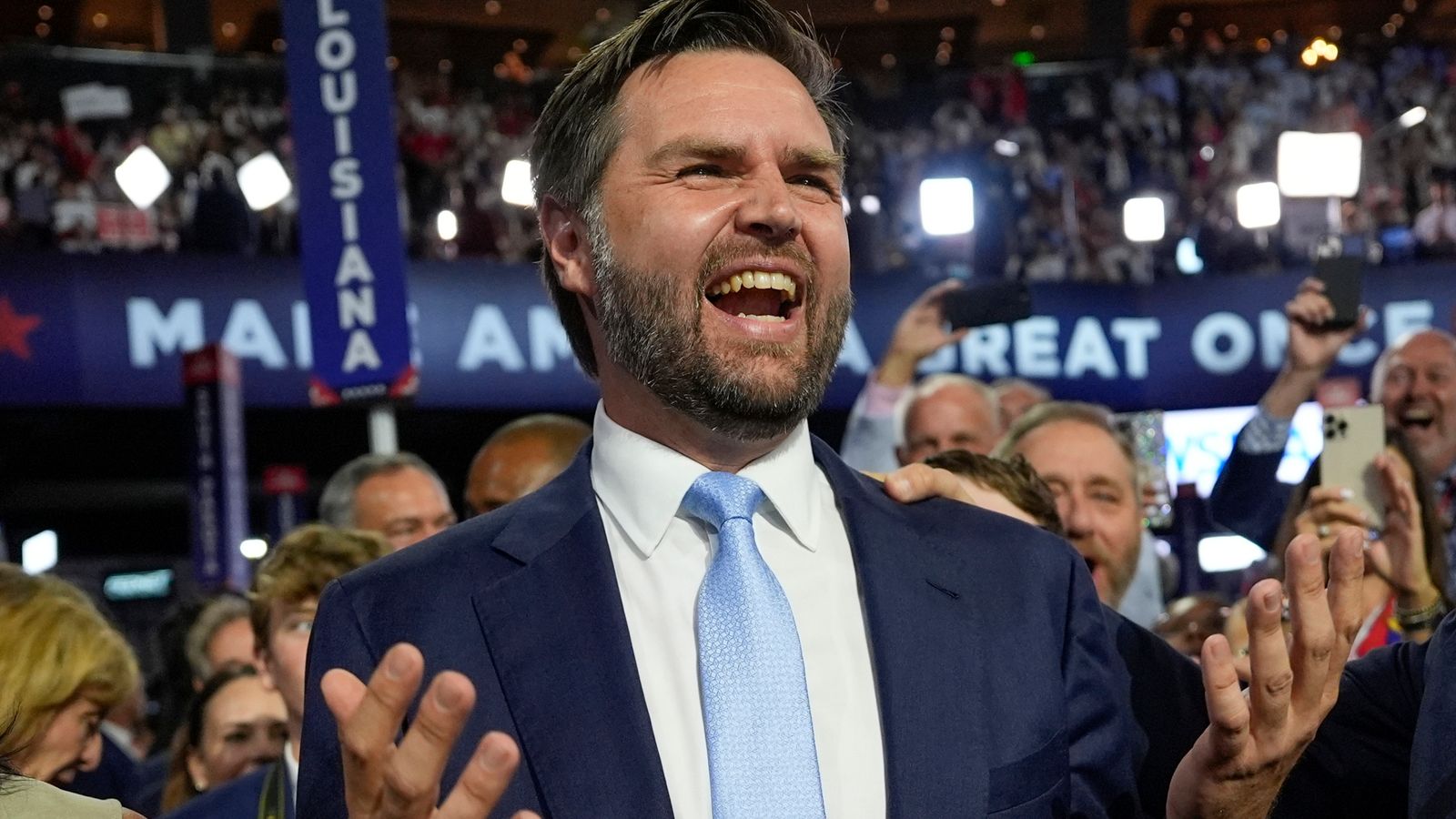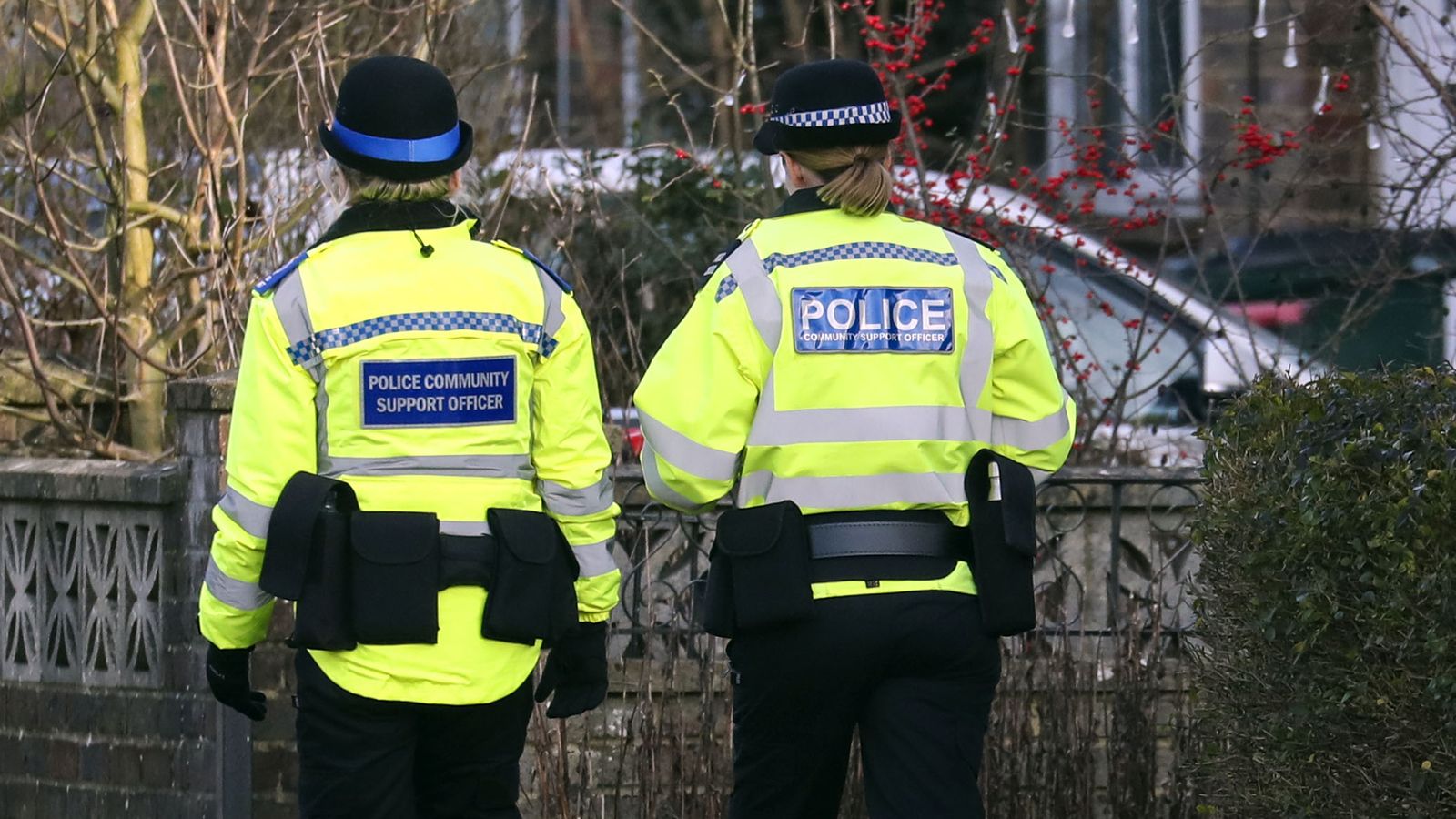Sir Keir Starmer may have launched in Scotland, but he needs to keep his base


Sir Keir Starmer’s tour of key battlegrounds kicked off in Scotland on Friday. His message was singular: change. And his target was singular, too: take out the SNP.
In four elections on the bounce, Labour has been nearly wiped out in Scotland by the SNP. In 2019, the party returned one MP to Westminster from Scotland. It now has two. The task in this election campaign is to turn that into dozens.
“This is an election about change, and Scotland’s voice is vital. It needs to be a leading voice,” he said in a slick campaign event with hundreds of people holding up “change” placards and cheering Sir Keir and Scottish Labour leader Anas Sarwar on.
General election latest: Reaction as two senior Tories stand down
“Send a message, send a message: that is the height of the SNP’s ambition, to send a message of protest to Westminster. I don’t want Scotland to send a message. I want Scotland to send a government. A Labour government.”
Ask Labour strategists, and they say Scotland is vital to get Labour over the line to a majority because of how far behind Labour were in England back in 2019. They are operating a twin attack on two failing governments – the SNP one in Holyrood and the Conservative government in Westminster – to implore voters to switch back from the SNP to kick the Tories out.
Starmer told me in Glasgow that winning in Scotland was important numerically but also to him personally, because he wants to be a prime minister, should Labour win, that governs for the whole of the UK.
He has been emphatic that there will be no deal with the SNP, whatever the outcome of this general election, to hammer home the point that if Scots want to be rid of the Conservatives they have to vote Labour in.
But in truth, it is not true that Labour need to win big in Scotland to win a general election.
Advertisement
Yes, since the 1950s, Labour hasn’t formed a majority with fewer than 40 seats in Scotland, but Tony Blair actually had a majority in 1997 on seats won in England alone.
To put it into context, there are 91 parliamentary constituencies in the South East of England and 59 in Scotland.
When the country moves against a government – like the polls are suggesting is happening now – and Labour are doing well in local elections in battlegrounds across England, they should be able to hit a majority without needing a huge amount of the 59 out of 650 parliamentary seats in Scotland.
It is, if you like, a version of Project Fear, as Labour try to sell to the Scots that a vote for the SNP is a vote to keep a Conservative government in.
Please use Chrome browser for a more accessible video player
0:43
Starmer: ‘You have the power to end the chaos’
But there is also a sense – and this is where Starmer has got lucky after 14 years of SNP dominance – that the travails of the SNP, which has been embroiled in scandal around former leader Nicola Sturgeon and her husband, Peter Murrell, the former chief executive of the SNP, and a leadership crisis, has finally given Labour an open goal to win back Scottish voters that turned away from a Labour Party that had for too long taken Scotland for granted.
But as Starmer looks to steal votes from the SNP, with Scotland a key battleground, there are fault lines in this election too for the Labour leader among his base that will emerge as a big theme of this election. As we look at geographical battlegrounds – be that Scotland, the Red Wall across parts of the Midlands, the North East and North West, or the Blue Wall in pockets of the south – there are also demographic divisions emerging. And the schism between Sir Keir Starmer and Labour-voting Muslim communities over the Israel-Hamas war is perhaps one of the most salient going into this general election, with prominent MPs from Jess Phillips to Shabana Mahmood and Wes Streeting facing challenges in their constituencies.
I asked Starmer about this on our second tour stop of the day, when he travelled to South Ribble – a Labour target that switched to Labour in 1997 only to return to the Tories in 2010 – to address building depot workers.
He said, in the wake of the West Midlands mayoral victory by a whisker, that he had listened to voters (the independent candidate in this race took tens of thousands of votes from Labour).
And he left me thinking that while he has a clear message to sell to voters in Scotland, to those who feel let down by Labour, he hasn’t got the answer.
He told me there “needs to be a ceasefire straight away” and more humanitarian aid and “the beginning of a process to a two-state solution, including recognition of Palestine” but demurred from committing to formally recognising the Palestine state in its own right, as Ireland, Norway and Spain have done in recent weeks, saying that policy was to recognise Palestine as part of a two-state solution and that “it was only going to happen if we work with our partners on it”.
The US, UK and other Western countries have backed the idea of an independent Palestine existing alongside Israel, but insists statehood should come as part of a negotiated settlement.
👉 Listen above then tap here to follow the Sky News Daily wherever you get your podcasts 👈
Starmer is at pains not to diverge from the US and other close allies as he eyes Downing Street.
But there is a cost to him when it comes to some of his traditional voters. His majority doesn’t just rest in the marginals, he has to secure his base too.

